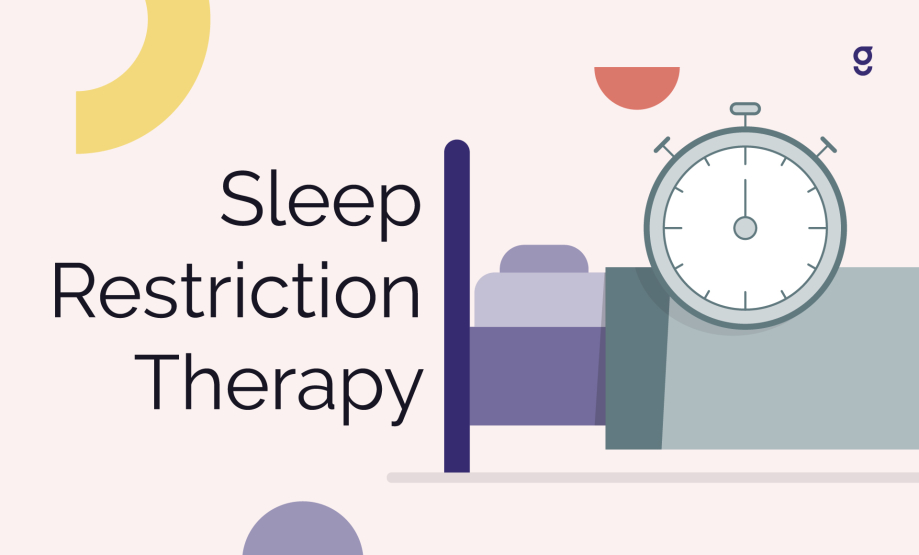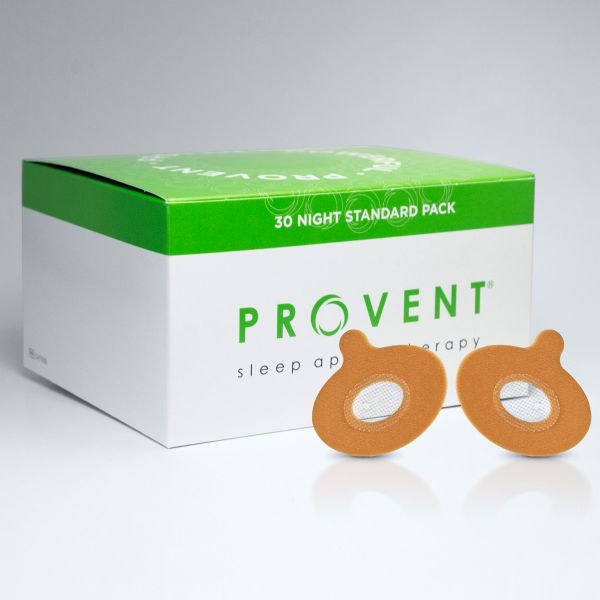Natural Insomnia Remedies - Safe and Reliable Treatments
Natural Insomnia Remedies - Safe and Reliable Treatments
Blog Article
Reliable Therapy Solutions for Managing Sleep Disorders and Enhancing Relaxed Rest
In the world of medical care, the management of sleep conditions and the quest for peaceful rest are essential components of overall wellness. Effective treatment solutions offer a diverse method to tackle these obstacles, varying from cognitive behavior interventions to all natural practices that promote leisure and mindfulness. The exploration of numerous techniques, including the assimilation of drug and light therapy, opens a realm of opportunities in the search of better rest high quality. As we browse the complex landscape of sleep disorders and seek to improve our sleep experience, a deeper understanding of these therapy remedies might hold the key to unlocking a more rejuvenating and meeting corrective trip.
Cognitive Behavior Therapy for Sleep Problems (CBT-I)
Cognitive Behavior Therapy for Sleeping Disorders (CBT-I) is a structured, evidence-based therapy approach that concentrates on dealing with the hidden elements adding to rest disturbances. This sort of treatment aims to modify habits and ideas that worsen sleeplessness, ultimately promoting healthy sleep patterns. CBT-I usually involves several vital parts, including cognitive treatment, rest limitation, stimulus control, and rest health education.
Cognitive treatment helps people determine and alter adverse thought patterns and ideas regarding sleep that may be hindering their ability to drop or remain asleep. Sleep restriction involves limiting the amount of time spent in bed to match the person's real rest duration, consequently increasing rest performance (insomnia counseling). Stimulation control strategies help develop a strong organization between the bed and sleep by motivating people to go to bed only when drowsy and to avoid participating in boosting tasks in bed
In addition, rest health education and learning concentrates on creating healthy and balanced rest practices, such as preserving a consistent rest schedule, producing a relaxing bedtime regimen, and enhancing the sleep atmosphere. By resolving these aspects comprehensively, CBT-I offers a reliable non-pharmacological intervention for managing sleeplessness and boosting total rest top quality.
Sleep Health Practices
Having developed the structure of cognitive restructuring and behavior modifications in addressing insomnia through Cognitive Behavior modification for Sleeping Disorders (CBT-I), the focus currently moves in the direction of checking out crucial Sleep Hygiene Practices for keeping optimal sleep top quality and total wellness.
Rest hygiene practices include a series of behaviors and environmental aspects that can considerably influence one's capacity to drop off to sleep and remain asleep throughout the night. Constant sleep and wake times, producing a relaxing going to bed regimen, and enhancing the rest environment by keeping it dark, silent, and cool are crucial components of good sleep hygiene. Restricting direct exposure to screens prior to going to bed, avoiding energizers like caffeine near to going to bed, and participating in normal exercise throughout the day can likewise advertise better sleep quality.
Moreover, practicing relaxation strategies such as deep breathing exercises or meditation prior to bed can aid soothe the mind and prepare the body for rest. By integrating these rest health practices into one's daily regimen, people can establish a healthy and balanced sleep pattern that supports peaceful rest and general wellness.
Leisure Techniques and Mindfulness
Executing leisure techniques and mindfulness methods can play a crucial role in fostering a sense of calm and advertising quality sleep. cognitive behavioral therapy for insomnia (CBT-I). These methods aim to peaceful the mind, lower anxiety, and create an optimal environment for relaxed rest. One widely practiced method is deep breathing exercises, where people concentrate on slow-moving, deep breaths to unwind the body and mind. Dynamic muscle mass leisure involves tensing and after that releasing each muscle mass team, advertising physical leisure. Additionally, guided images can assist carry people to a tranquil location in their minds, helping in stress reduction and enhancing sleep top quality.
By integrating these practices right into a bedtime regimen, people can indicate to their bodies that it is time to relax and prepare for sleep. Generally, integrating relaxation methods and mindfulness techniques can significantly contribute to handling sleep conditions and enhancing total rest quality.

Medicine Options for Rest Disorders
After exploring relaxation strategies and mindfulness practices as non-pharmacological interventions for enhancing sleep top quality, it is important to take into consideration medication options for people with rest disorders. In cases where lifestyle adjustments and therapy do not offer sufficient alleviation, medicine can be a beneficial device in handling rest disturbances.
Generally recommended medicines for rest conditions include benzodiazepines, non-benzodiazepine hypnotics, antidepressants, and melatonin receptor agonists. Antidepressants, such as trazodone, can be beneficial for people with co-occurring depression and sleep disturbances - insomnia solutions.
It is vital for people to speak with a medical care supplier to identify one of the most suitable medication choice based on their details sleep disorder and clinical history.
Light Treatment for Circadian Rhythm Guideline
Light therapy, additionally called photo-therapy, is a non-invasive therapy technique utilized to regulate body clocks and improve sleep-wake cycles. This therapy involves direct exposure to bright light that imitates natural sunlight, which helps to reset the body's body clock. By subjecting people to certain wavelengths of light, typically in the early morning or evening depending upon the desired result, light treatment can properly readjust the circadian rhythm to advertise wakefulness throughout the day and improve relaxed rest during the night.
Research has revealed that light treatment can be specifically valuable for individuals with circadian rhythm conditions, such as postponed rest stage syndrome or jet lag. It can additionally be valuable for those experiencing seasonal affective condition (SAD), a kind of depression that usually happens during the cold weather when all-natural light exposure is lowered. Light treatment is generally well-tolerated and can be made use of in conjunction with various other therapy methods for rest conditions to maximize end results and enhance total rest quality.
Final Thought
In verdict, efficient therapy no sleep disorder options for managing sleep disorders and boosting relaxed sleep include Cognitive Behavior modification for Sleeplessness (CBT-I), sleep health techniques, relaxation strategies and mindfulness, drug options, and light treatment for circadian rhythm policy. These techniques can aid individuals enhance their rest Your Domain Name quality and overall wellness. It is necessary to seek advice from a medical care copyright to identify the most ideal technique for dealing with sleep concerns.
As we browse the detailed landscape of sleep problems and look for to enhance our rest experience, a deeper understanding of these therapy solutions might hold the key to unlocking a more relaxing and meeting corrective journey.
Rest limitation involves limiting the amount of time invested in bed to match the individual's real rest duration, consequently raising rest effectiveness. Regular rest and wake times, developing a relaxing going to bed routine, and enhancing the sleep environment by keeping it dark, quiet, and cool are important parts of excellent rest hygiene. Light therapy is usually well-tolerated and can be utilized in combination with other treatment techniques for web link rest disorders to maximize results and improve overall rest top quality.

Report this page